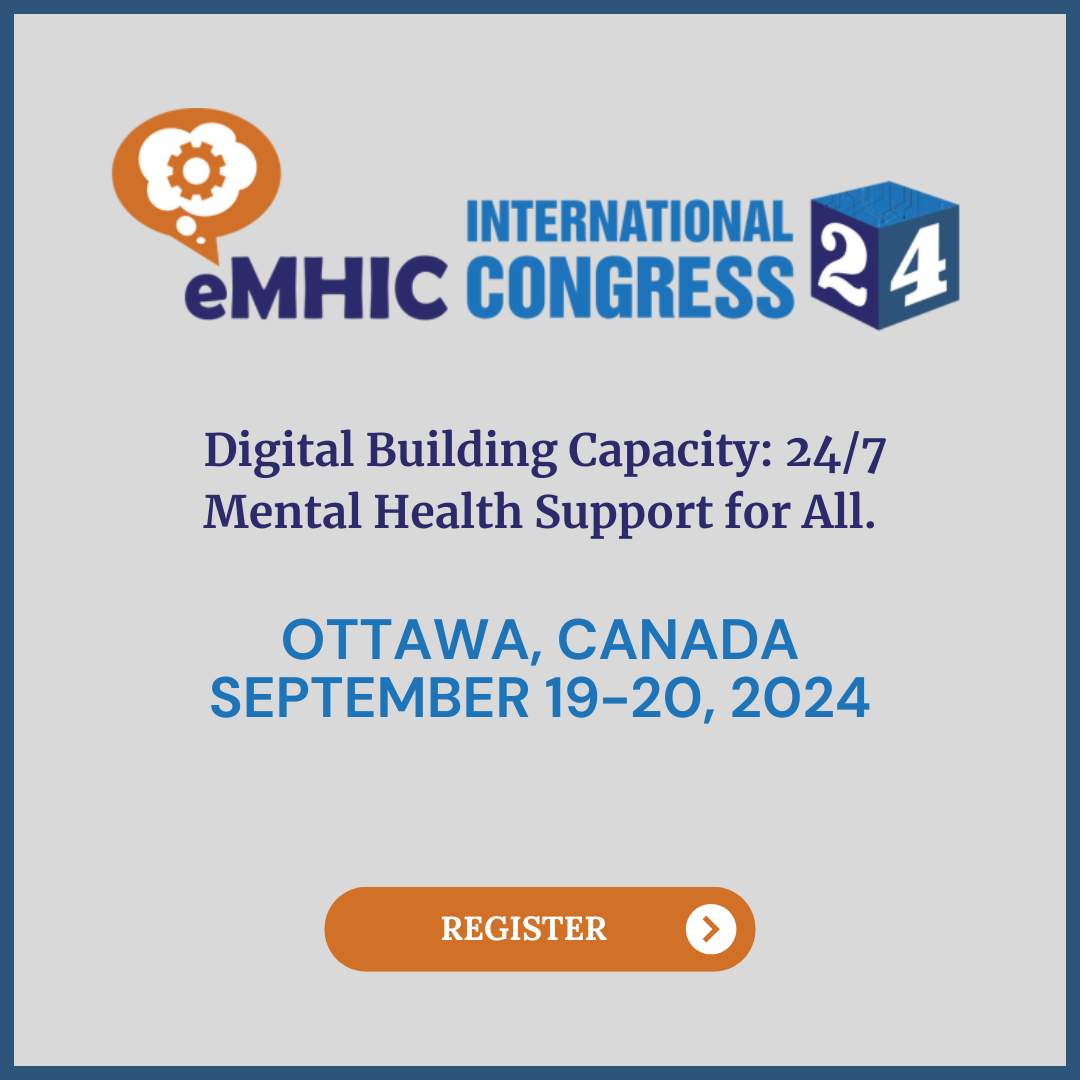If you are in distress, you can call or text 988 at any time. If it is an emergency, call 9-1-1 or go to your local emergency department.
Artificial Intelligence in Mental Health Services: A Literature Review
The burden of mental illness among people living in Canada is high. Approximately one in five Canadians are affected by mental health issues in any given year, and one in two might be affected by age 40. Yet, barriers to care, such as access, stigma, cost, and the lack of flexibility in treatment (e.g., the inability to tailor treatment to individual needs), have been an issue for many Canadians affected by mental illness. Technology may have a role to play in improving the access and delivery of mental health services. While AI applications are being developed to predict, diagnose, and treat mental health problems or illnesses, how effective they are and how to incorporate them into mental health care services is still uncertain. The literature review this report is based on evaluated the published evidence on AI for the prevention, diagnosis, and treatment of mental health illnesses. The review focused on the clinical effectiveness of AI applications, purpose of use, patient populations, primary users, and related evidence-based guidelines. The studies reported findings on a wide range of AI applications (e.g., chatbots, which mimic human conversation, usually through text) and on populations that included persons living with bipolar disorder, schizophrenia, major depressive disorder, postpartum depression, post-traumatic stress disorder (PTSD), and those who have suicidal ideation — or thoughts — or have attempted suicide. Using AI interventions to prevent the development of mental health conditions or promote mental wellness was not a focus of these studies. Most focused on adults between the ages of 18 and 65 years. For more information, read the Environmental Scan in Artificial Intelligence (AI) and Results From a Literature Review and an Environmental Scan.
Purpose
Key messages
Key Findings
SHARE THIS PAGE
RELATED


